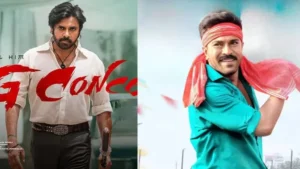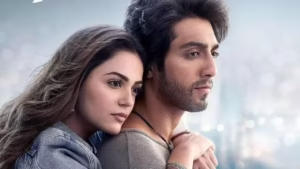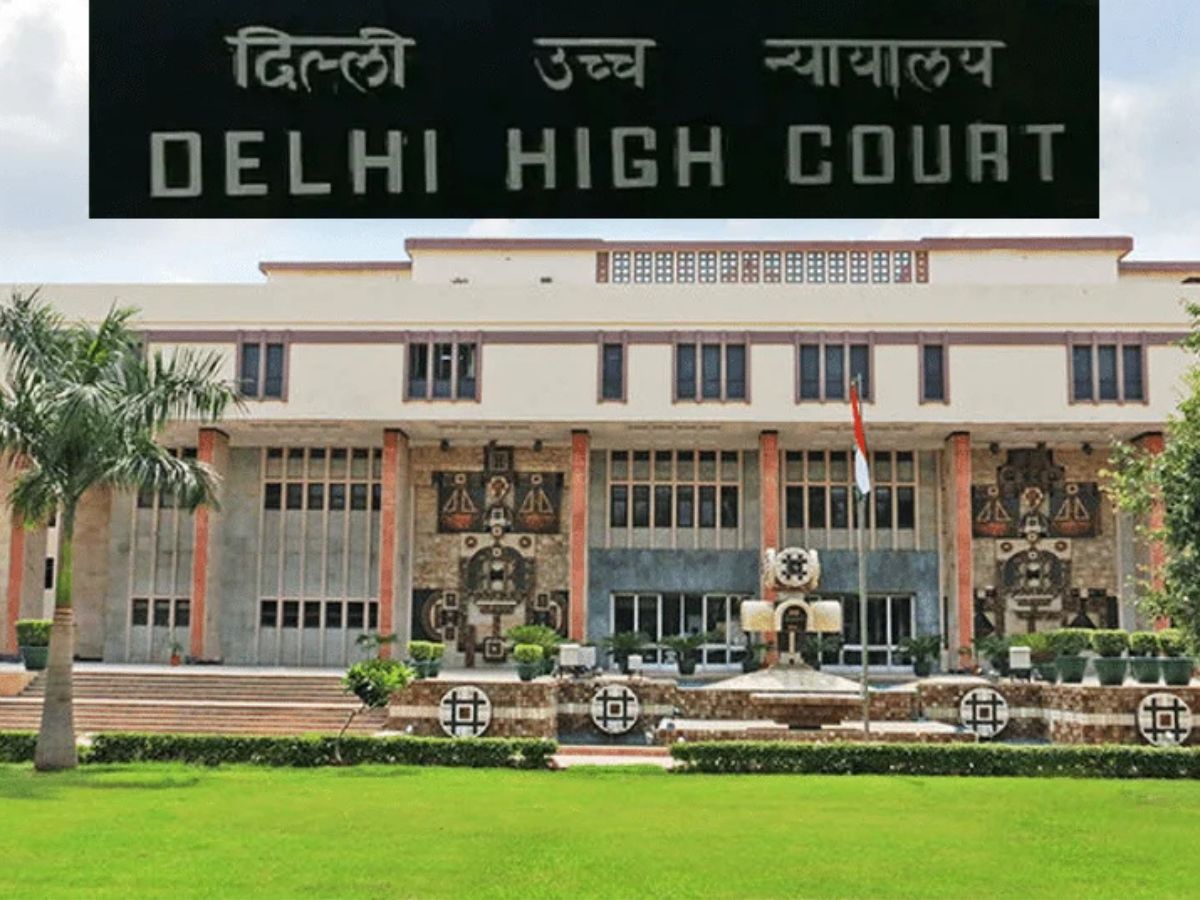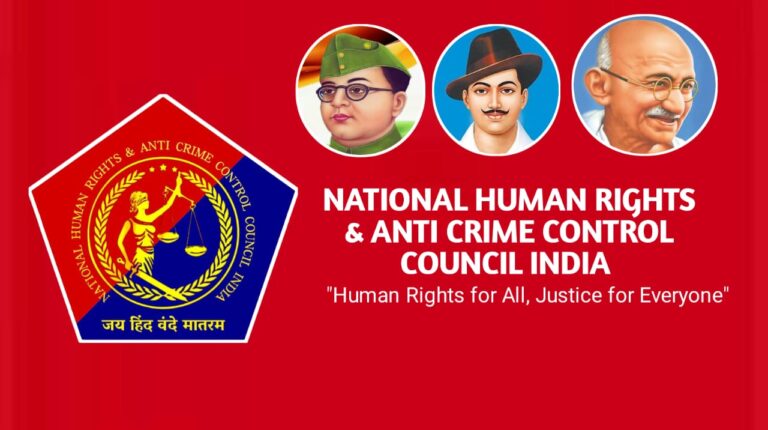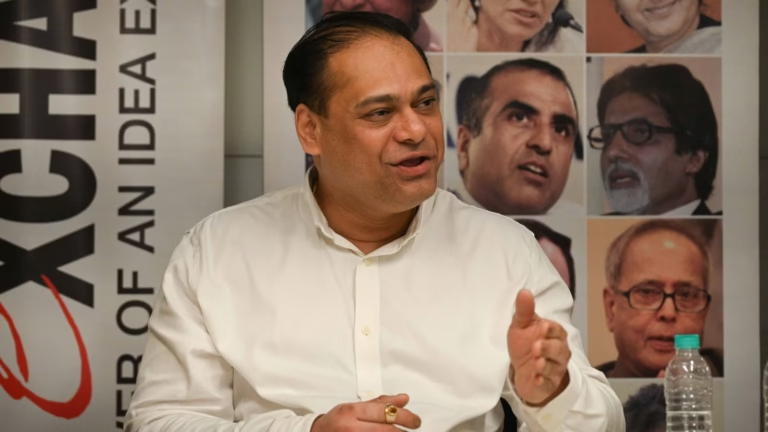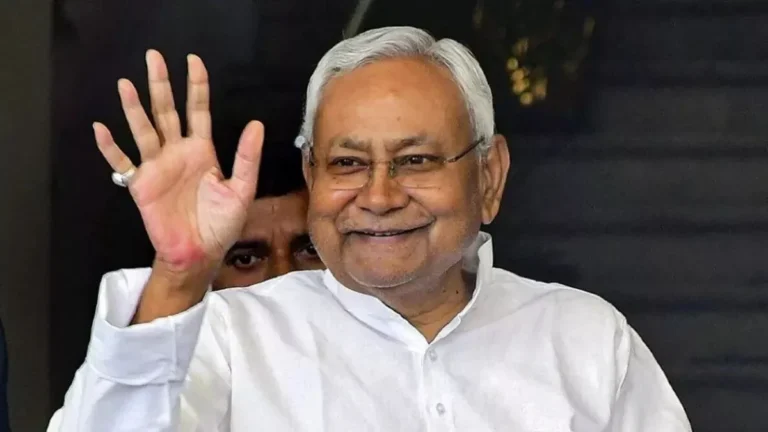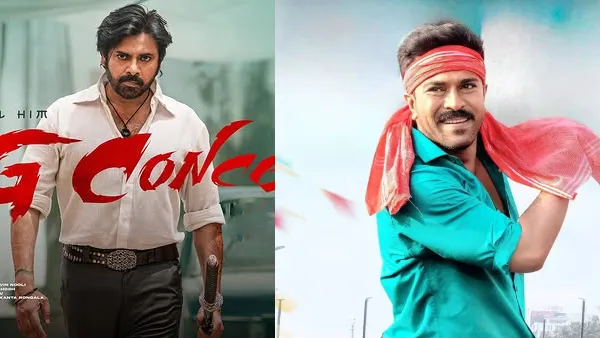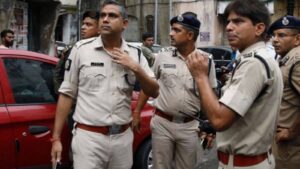In a decision that has sent shockwaves through India’s legal and activist communities, the Delhi High Court on Saturday denied bail to former JNU student leader Umar Khalid and others accused in the 2020 Delhi riots case, linked to protests against the Citizenship Amendment Act (CAA). The ruling has sparked widespread outrage, with critics, including prominent voices like Senior Advocate and Rajya Sabha MP Kapil Sibal, calling it a grave miscarriage of justice that undermines the fundamental right to liberty enshrined in Article 21 of the Constitution.
The Case and Its Context
Umar Khalid, a scholar and activist, has been incarcerated for over four years under the stringent Unlawful Activities (Prevention) Act (UAPA) for his alleged role in the February 2020 Northeast Delhi riots, which left 53 dead and hundreds injured. The Delhi Police claim Khalid was part of a “larger conspiracy” to incite violence during the anti-CAA protests, a charge he and his supporters vehemently deny. Khalid’s defense argues he was targeted for his vocal criticism of the government, with no concrete evidence linking him to violent acts.
The High Court’s decision to uphold the denial of bail has reignited debates about the misuse of anti-terror laws to silence dissent. The case is seen as a litmus test for judicial independence in India, especially as the country approaches key state elections in 2026.
Kapil Sibal’s Fiery Response
Leading the charge against the ruling, Kapil Sibal took to X and public forums, slamming the decision as a violation of personal liberty. “This is a direct attack on Article 21,” Sibal declared, announcing plans to appeal to the Supreme Court. He accused political parties across the spectrum of staying silent to avoid electoral backlash, stating, “Cowardice in the face of injustice is complicity.” His remarks have resonated widely, with #FreeUmarKhalid trending on X as netizens share stories of Khalid’s activism and question the prolonged detention without trial.
A Polarized Response
The ruling has divided public opinion. Supporters of the government argue that the court’s decision reflects the seriousness of the charges and the need to curb “anti-national” activities. BJP spokespersons have pointed to the violence of the 2020 riots as justification, with one leader posting on X, “Law must take its course against those who threaten India’s unity.”
On the other hand, activists, academics, and opposition leaders see it as part of a broader clampdown on dissent. Congress MP Shashi Tharoor called the decision “a travesty,” while CPI(M) leader Sitaram Yechury urged the judiciary to uphold fairness. Student groups and civil society organizations, including the JNU Students’ Union, have announced protests in Delhi, demanding Khalid’s release and reforms to UAPA.
The Human Cost
At the heart of the controversy is Umar Khalid himself—a 37-year-old PhD scholar whose life has been upended by his detention. His family, speaking to The Indian Express, expressed anguish over the prolonged legal battle. “Umar is being punished for his ideas, not his actions,” his father said. Friends and supporters describe him as a passionate advocate for marginalized communities, whose speeches on social justice inspired a generation.
The case also highlights the broader toll of UAPA detentions. Reports from human rights groups indicate that thousands remain in jail under similar charges, often without trial, facing delays that erode their right to a speedy judicial process.
A Test for India’s Democracy
The Delhi High Court’s ruling comes at a time when India’s judicial system is under intense scrutiny. With the 2024 Lok Sabha elections having solidified the BJP-led coalition’s grip on power, critics argue that laws like UAPA are being weaponized to target activists, journalists, and minority voices. The Economic Times noted that 359 unregistered political parties are also under EC scrutiny, signaling a broader crackdown on political activity ahead of 2026 state polls.
Meanwhile, the international community is watching closely. Amnesty India, though muted since its operations were curtailed, issued a statement calling for global attention to Khalid’s case. On X, diaspora voices have linked the ruling to global debates on free speech, drawing parallels to recent U.S. controversies over media censorship.
What’s Next?
As Kapil Sibal prepares to take the fight to the Supreme Court, the case is likely to remain a flashpoint. Protests are planned across major cities, with student unions and civil rights groups mobilizing. The outcome could set a precedent for how India balances national security with individual freedoms.
For now, Umar Khalid remains behind bars, a symbol for many of a larger struggle. As one X user poignantly wrote, “If speaking truth to power is a crime, then we’re all guilty.” The nation waits to see whether justice will tilt toward liberty or lean further into control.

